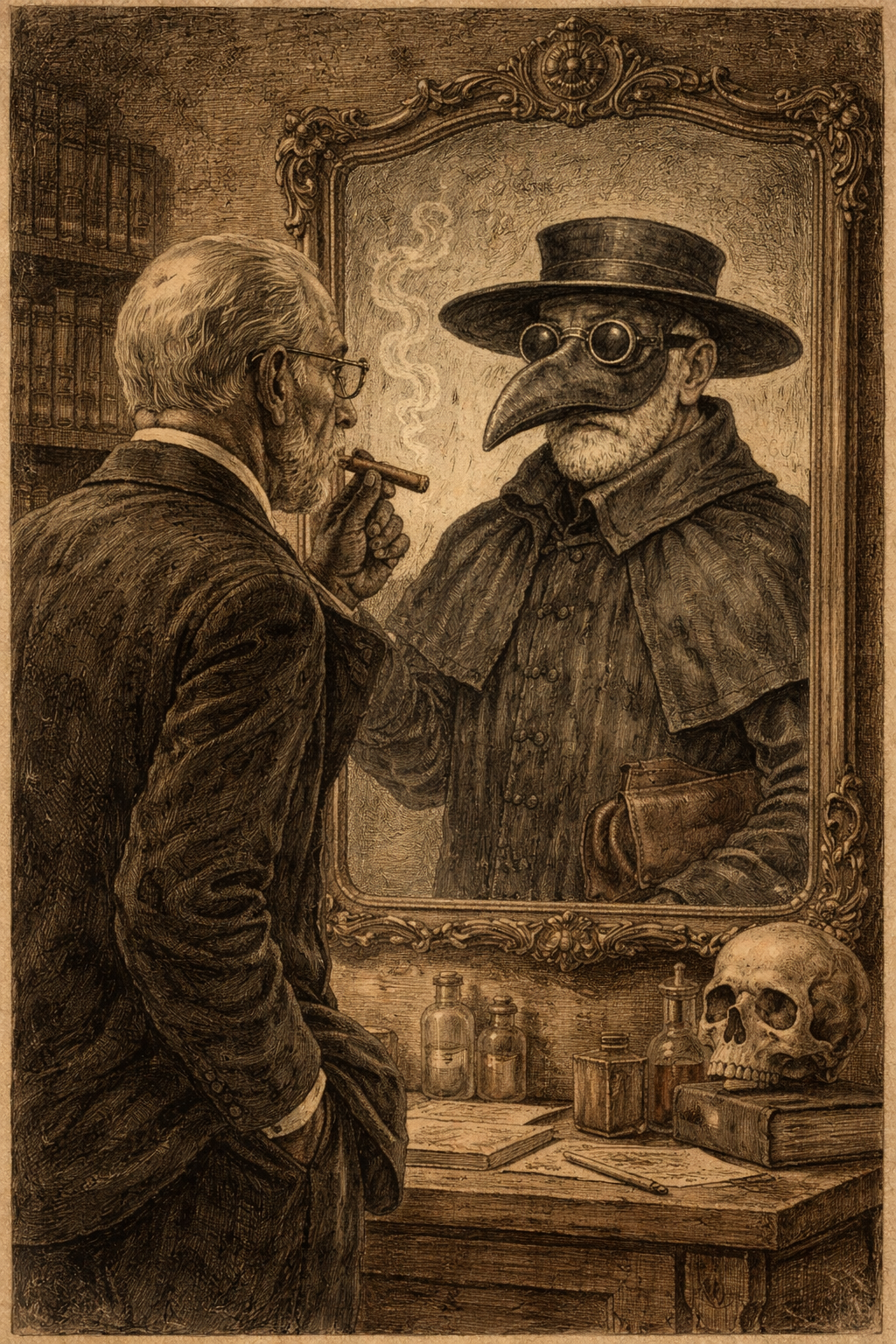The Archive - Psych 101
Double Ignorance Is Not the Dunning–Kruger Effect
Explore the key differences between the Dunning–Kruger effect and Double Ignorance. This article breaks down why loud incompetence differs from the quiet absence of knowledge.
I Find Freud Humours: A Students Guide To How To Approach Freud
Is Freudian theory psychology’s version of humours and leeches? A student-friendly guide to reading Freud critically — without dismissing his influence.
Basics of Bayes: A Human Approach to Understanding How We Change Our Minds
Bayes Theorem feels complex, but its logic mirrors how people naturally update beliefs. We explain Bayesian reasoning through real-life examples before introducing the formula, making Bayes intuitive for students and teachers alike.
Criticisms of Ainsworth’s Strange Situation Procedure
Explore the major criticisms of Ainsworth’s Strange Situation Procedure, including cultural bias, low ecological validity, stress concerns and reliability issues, in this student friendly yet academically rigorous psychological critique.
Criticisms of Kohlberg’s Theory of Moral Development
Explore the major criticisms of Kohlberg’s theory of moral development, including issues of cultural and gender bias, methodological problems and the gap between moral reasoning and real world behaviour, in this clear and comprehensive guide for psychology students.
Criticisms of Piaget’s Theory of Cognitive Development: Methodological, Cultural, and Conceptual Limits
Review the major criticisms of Piaget’s Theory of Cognitive Development. Learn how methodological flaws, cultural bias, and the role of social learning challenge the universality of the four developmental stages.
Criticisms of the Zone of Proximal Development: Conceptual, Practical and Cultural Limits
The ZPD's shortcomings: Why Vygotsky's theory is criticized for conceptual vagueness, measurement issues, and cultural limits in real classroom practice.
The Zone of Proximal Development: Theory, Evidence and Contemporary Application
The ZPD defines the 'sweet spot' for learning. Explore Vygotsky's core theory, the function of scaffolding, and its impact on modern education and therapy.
Reassessing the “Shaky Bridge” Study: A 2025 Critical Review of Dutton and Aron (1974)
Revisit Dutton and Aron's iconic 1974 "shaky bridge" experiment through a 2025 lens. This critical review explores how fear became mistaken for attraction, where the study’s methods fall short, and what modern psychological research reveals about arousal and emotion today.
What Are Developmental Learning Theories? An Exploratory Journey Through How We Grow, Think, and Learn
Discover key developmental learning theories and real-world examples that reveal how humans develop knowledge, skills, and growth across every life stage.
A Student’s Guide to Developmental Psychology
Unlock the science of growing up. This guide covers developmental psychology, from Piaget's schemas to Erikson's life stages and the powerful influence of early attachment.
A Student’s Guide to Cognitive Processes
Discover how your brain turns chaos into thought. Learn about attention, memory, cognitive biases, and the science behind everyday decision-making.
A Student’s Guide to Learning and Conditioning
Master the psychology of learning and conditioning. Explore Pavlov, Skinner, and Bandura to see how classical, operant, and social learning shapes everything from phobias to social media habits.
A Student’s Guide to Personality Theories
Unlock the secrets of personality. Explore Freud, Jung, Maslow, Rogers, and the Big Five (OCEAN). Understand how these core theories explain human behavior and why you are the way you are.
Is Emotional Intelligence Overrated—or Even Empirical?
Are you measuring intelligence or a personality buzzword? This critical article examines Emotional Intelligence (EI), tracing it from its scientific roots to its corporate popularization. Discover the measurement problem, why EI's predictive power often shrinks when compared to IQ and personality, and if this billion-dollar concept is truly empirical—or just repackaged social skills.
Criticism of the IQ Test
Explore the major criticisms of IQ tests, including cultural bias, reductionism, limited predictive validity, and historical misuse. A critical analysis of intelligence testing and its limitations.
What is an IQ Test?
Discover what an IQ test is, how it measures intelligence, its history, types, applications, and controversies. Learn the strengths and limits of IQ testing in this comprehensive guide.
Criticisms of the Big Five
Explore the main criticisms of the Big Five personality traits, including cultural limits, measurement issues, lack of mechanisms, and ethical concerns. A critical evaluation for students, researchers, and psychology enthusiasts.
A Guide to The Big Five Personality Traits (OCEAN)
Learn about the Big Five Personality Traits (OCEAN) in psychology. Explore definitions, theories, research, applications, and examples in this clear guide for university students.
Criticism and Practical Application of Ekman’s universal emotions
Critically examine Paul Ekman's theory of universal emotions. Explore the key criticisms and learn about the practical applications of his work in various fields.




















